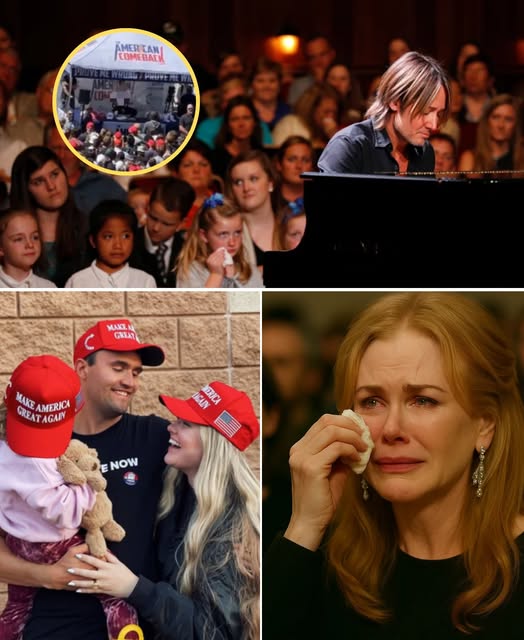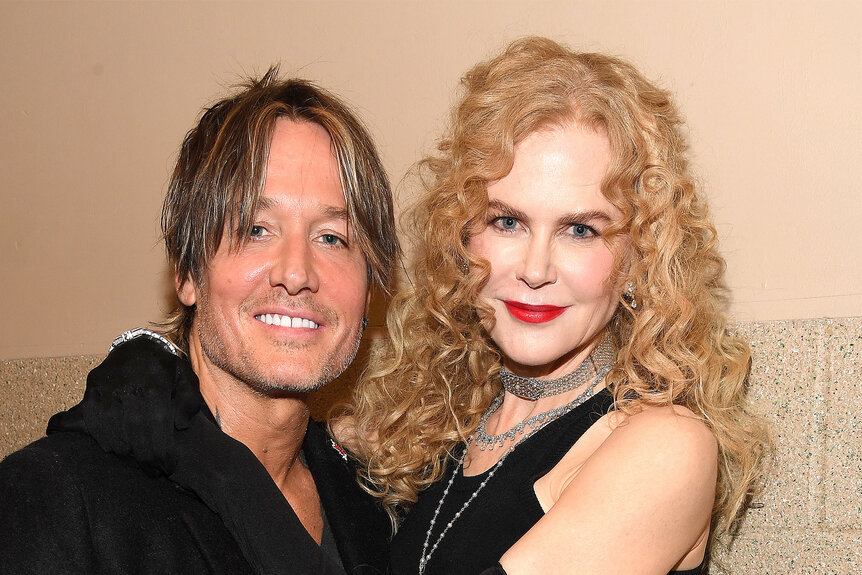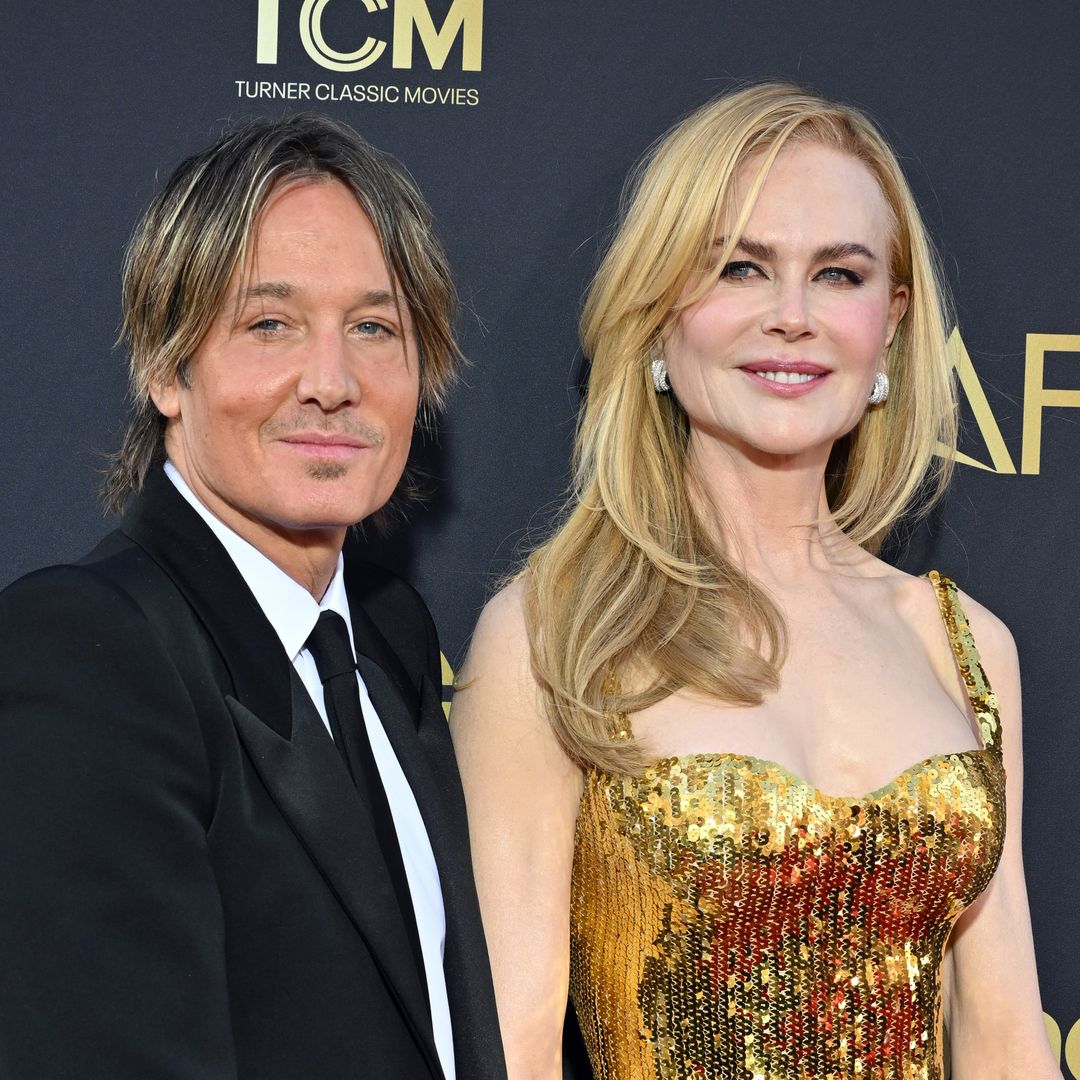When Tonda Dickerson and four coworkers were given lottery tickets as tips, they didn’t think much of it. People love to play the lottery, hoping for life-changing winnings. Most understand that the chances of striking it rich are slim.
Tonda Dickerson’s chances, though, were much better than most. So much better that her lottery ticket tip won her a 10-million-dollar jackpot.

As incredible as her stroke of luck was, Tonda’s lottery win quickly brought a world of trouble to the waitress.
Everything from legal battles to abduction befell poor Tonda after her lottery win. In this article, we’ll go over the Tonda Dickerson lottery story, her court cases, and the abduction that ended with Tonda shooting her ex-husband.
Who Was Tonda Dickerson?-The Lottery-Winning Waitress
Tonda Lynn Dickerson was 28, working at the Waffle House on Interstate 10 in Alabama, when her life changed forever.
The man who would initiate this change was named Edward Seward Jr. Seward was a regular at the Waffle House and had a friendly relationship with the workers there.
Seward was also a fan of playing the Florida Lotto. He was such a fan that he didn’t just buy tickets for himself but for some of his favorite waitresses at the Waffle House, too.
On March 6, 1999, Edward Seward visited Waffle House and distributed five envelopes to five different servers after his meal. Each of these envelopes held a lottery ticket.
This was a common enough occurrence that there was an understanding between the waitresses that if one of them ever won, they would share the winnings.
There was an understanding with Seward, too. He told the waitresses that if any of them ever won, all he wanted from them was a new truck. They could keep all of the rest of the winnings.
Tonda opened the envelope containing her lottery ticket the following day and discovered she had won. It wasn’t a measly sum, either. Tonda Dickerson had won 10 million dollars from the Florida Lotto.
What should have been not only a joyful moment for Tonda, but for her coworkers and Edward Seward too, was anything but. Instead of splitting the win as they had discussed, Tonda Dickerson kept the earnings for herself. From there, all her problems began.
Tonda Dickerson’s Legal Battles
Despite making a verbal agreement with her co-workers and Edward Seward, she had been given the lottery ticket directly. This made her, technically, the sole winner of the jackpot. Tonda had no inclination to share her winnings with the masses.
As expected, the other Waffle House workers didn’t take kindly to Tonda so quickly going back on their agreement. Not only did Tonda decide not to pay up, she also quit the Waffle House.

Four of the workers who had also received lottery tickets decided that if they wanted any part of the winnings, they were going to have to take more extreme measures. Wasting no time, they sued.
Tonda’s coworkers who took her to court were Sandra Deno, Angie Tisdale, Matthew Adams, and Jackie Fairley. They claimed that Tonda Dickerson had agreed, along with the rest of the ticket recipients, to split the winnings if any of them had the winning lottery numbers.
According to the case summary of Dickerson v. Deno (2000), “…the plaintiffs sued Dickerson, alleging that they and Dickerson had orally contracted with each other that if any one of them should win, then the winner would share any lottery winnings with the other ticket recipients.”
The day after Tonda discovered that she had won the lottery, she went to collect her winnings. Her win was valued at 10 million dollars, paid out over 30 years, or 5 million dollars as a lump sum. She chose the 30-year payout option, which came out to $375,000 a year.
But despite how quick Tonda was to claim her money, her co-workers were just as swift. On March 18, 1999, they initiated the lawsuit against Tonda.
They were suing her for what they believed was their share of her winnings. Her coworkers also requested that there be a freeze on Tonda receiving any of her winnings until the court case was settled.
At first, it looked like the Waffle House workers would be victorious. The court ordered in their favor initially, declaring that none of the parties should attempt to collect the winnings while the case was still active.
Tonda wasn’t going to wait quietly, though. She fired back, asking that the case be dismissed. She made two points–the first was that the oral agreement made between the workers didn’t have the necessary details to make it a binding contract.
Her second point was the one that would win her the case. Tonda Dickerson said that since gambling was completely outlawed in Alabama, any contract related to gambling couldn’t be enforced.
Initially, the courts ruled in favor of the plaintiffs. Tonda was going to be forced to split her winnings like she had initially agreed to.
But then, it quickly became apparent that Tonda’s defense was correct. The agreement that they had made went against Alabama’s law against gambling contracts. It could not be enforced.
Therefore, Tonda Dickerson could legally keep all of her earnings.
Edward Seward Sues Tonda Dickerson
Once Tonda had won her court case against her coworkers, she faced a new struggle. This time, it was the man who had gifted her the lottery ticket that was taking her to court.
Edward Seward claimed that Tonda Dickerson was defrauding him. He said this was because he had told all of the employees he had given a ticket to that if they won, they had to buy him a new truck with the money.
Just like Tonda had never planned on sharing her winnings with her coworkers, she had no intentions of buying Seward his truck.
According to the court summary of Seward v. Dickerson (2002), “Seward did not expect to share any potential lottery winnings based on the tickets he gave away, but he claimed that he was promised a new truck by the employees of the Waffle House if one of the tickets he distributed there was a winning ticket.”
Unfortunately for Seward, history was going to repeat itself. Since the apparent promise of a truck was made just in conversation, it did not hold any legal weight. The case was dismissed, and Edward Seward never received his truck.
“9 Mill” And The IRS Lawsuit
The first few years after Tonda’s lottery win were fraught with legal battles. It’s no surprise that she’d want to find a way to protect her money after the dust settled. Luckily, Tonda had a plan.

She formed an S corporation called “9 Mill”. According to IRS.gov, S corporations are “Corporations that elect to pass corporate income, losses, deductions, and credits through to their shareholders for federal tax purposes.”
Tonda’s shareholders would be her family members. In theory, this should have kept her wealth centered right where she wanted it.
Her plan started to fall apart when the IRS reviewed her new corporation and distribution of her lottery win. Because Tonda had given so much of her money to family members, the IRS determined that she owed a gift tax of $770,000.
Tonda was taken to court once more. Her defense was that the money wasn’t a gift but instead were shares of her company, “9 Mill”.
The IRS proved to be a much more formidable adversary than Tonda’s former coworkers and Seward. She lost the case and was forced to pay the gift tax.
Luckily, because the value of her winnings had decreased over time, the amount of the gift tax was lessened.
The Abduction Of Tonda Dickerson
Tonda Dickerson’s woes were far from over, even after she suffered defeat at the hands of the IRS.
Her most serious problem wouldn’t be of the legal variety. It would be of a much more violent nature.
Before Tonda Dickerson became the Waffle House waitress lottery winner who made national headlines, she was married to a man named Stacy Martin. They divorced in 1997.
Because of the fame that she garnered after her incredible story hit the papers, it was only a matter of time before Martin learned of Tonda’s success story. He wasn’t going to be supportive, though. Instead, he decided that he deserved a cut of the winnings.
Stacy Martin made the decision to abduct Tonda Dickerson to get the lottery money he so coveted.
Tonda was driving her truck in Jackson County, Mississippi, when Martin struck. He forced himself into her truck and drove her to a secluded location–a boat launch in Bayou Heron.
During the drive, Martin repeatedly threatened Tonda. When her phone rang, he threatened to kill her if she answered.
After they arrived at the boat dock, the phone continued to ring. Tonda pointed out that if she didn’t answer, the person on the other line might get suspicious and start looking for her.
Finally, Martin relented and told her to answer the ringing cell phone. When Tonda went to pull her phone out of her purse, she instead drew a .22 caliber pistol and shot her ex-husband in the chest.
Shocked, he tried to attack her, but she convinced him that he needed medical help. The pair drove to a nearby hospital, where he was treated for his wounds and more than likely arrested.
Where Is Tonda Dickerson Today?
Today, Tonda Dickerson retains a portion of her winnings but isn’t the millionaire most would expect a lottery winner to be.
Instead of living a life of luxury, it appears that Tonda is leading a more modest life. Her social media reflects that she works at the Gold Nugget Casino in Biloxi, Mississippi, as of 2021.
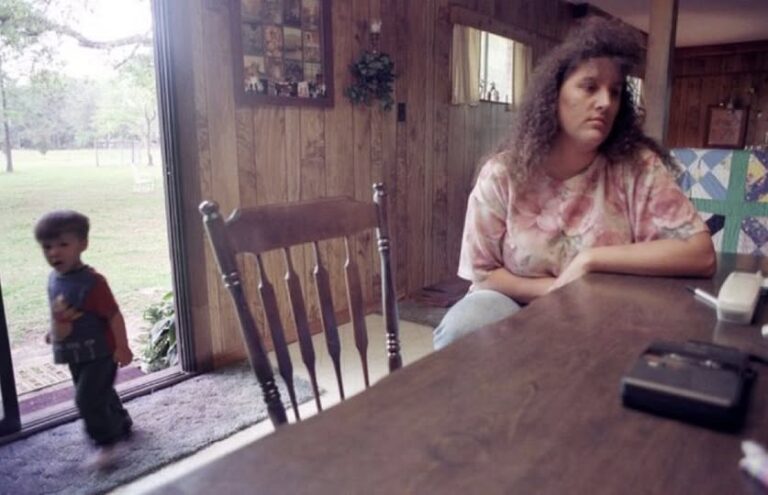
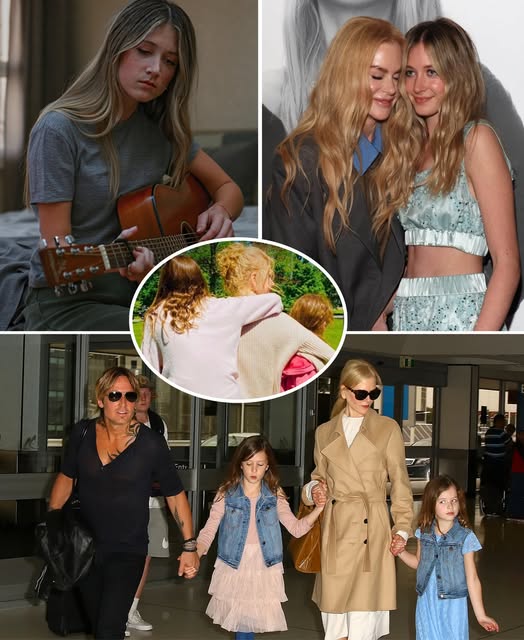



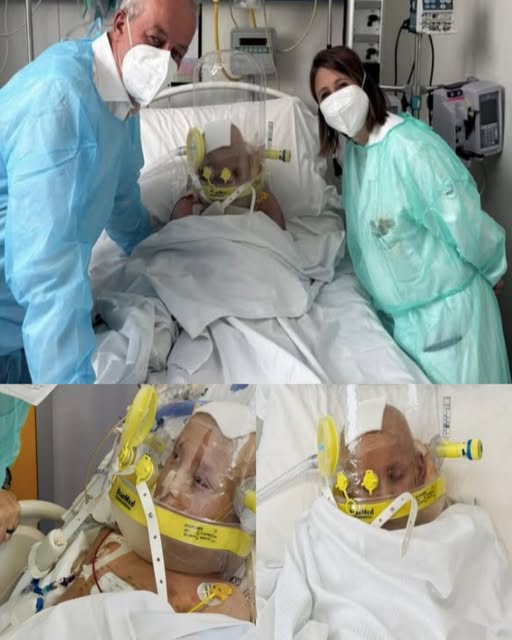









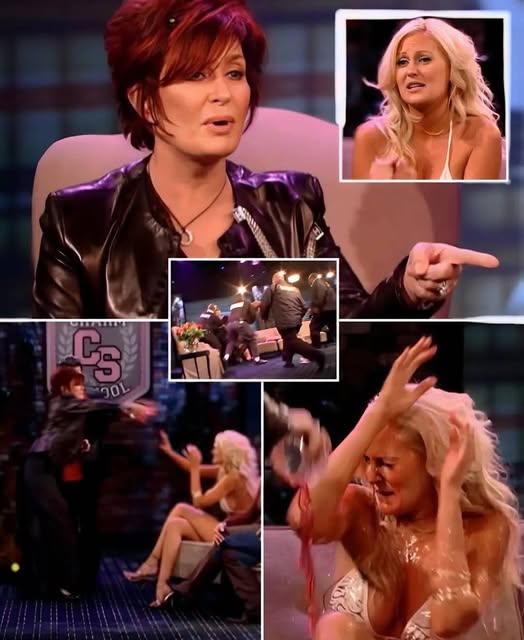



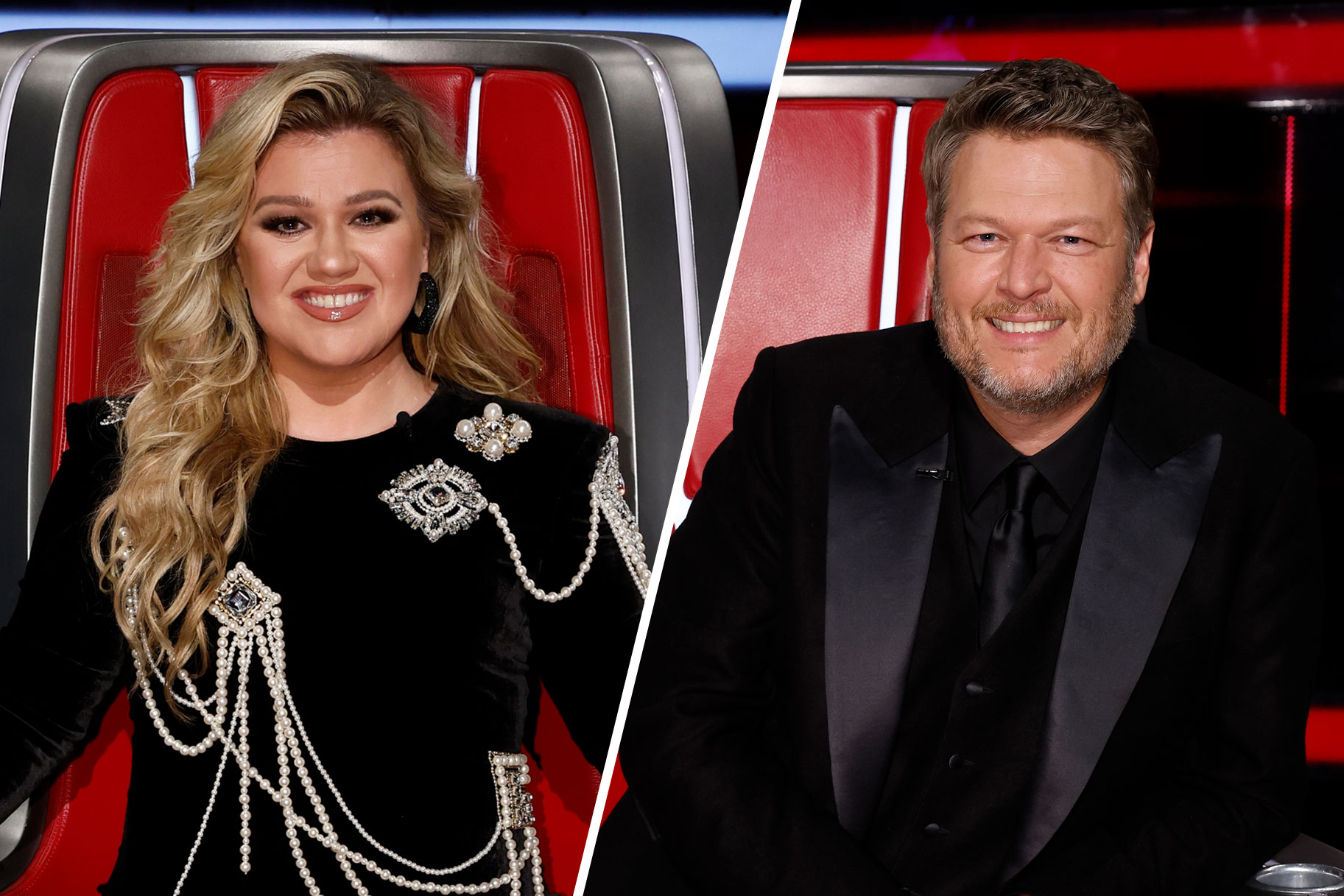

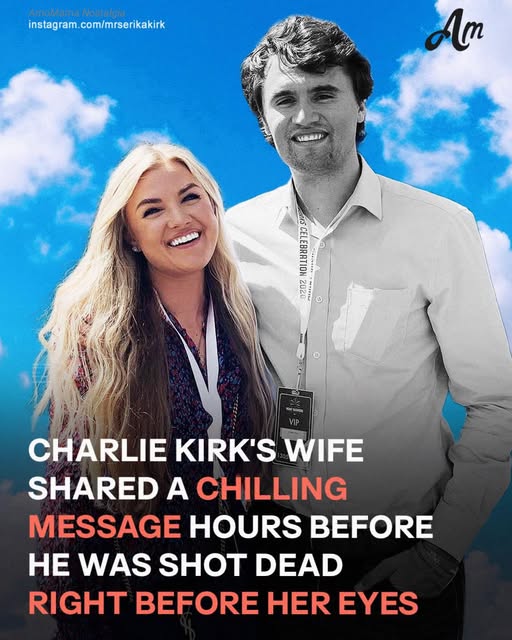
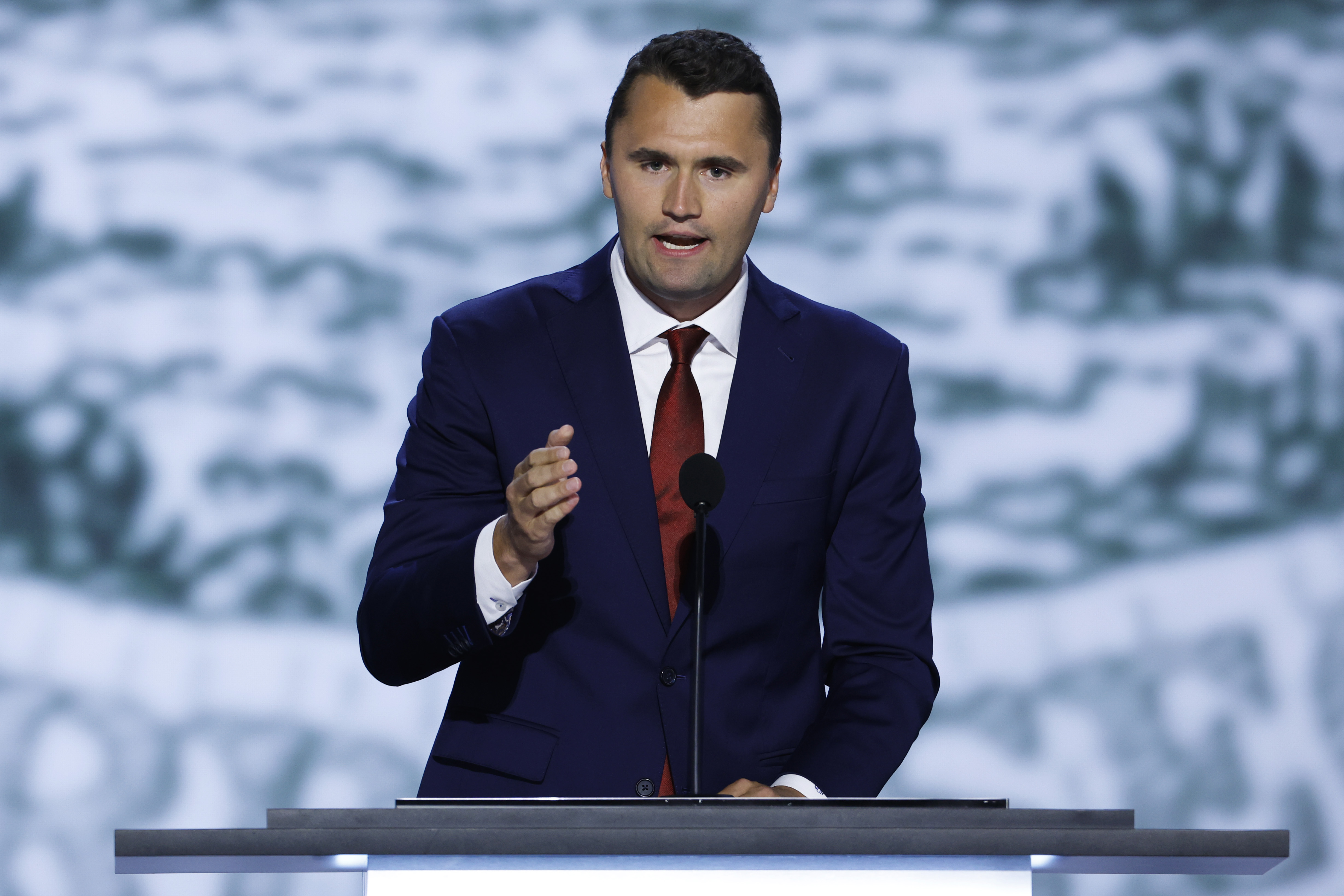
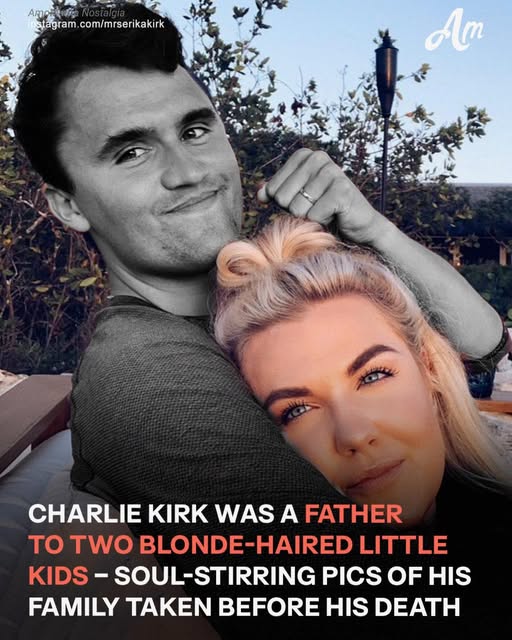
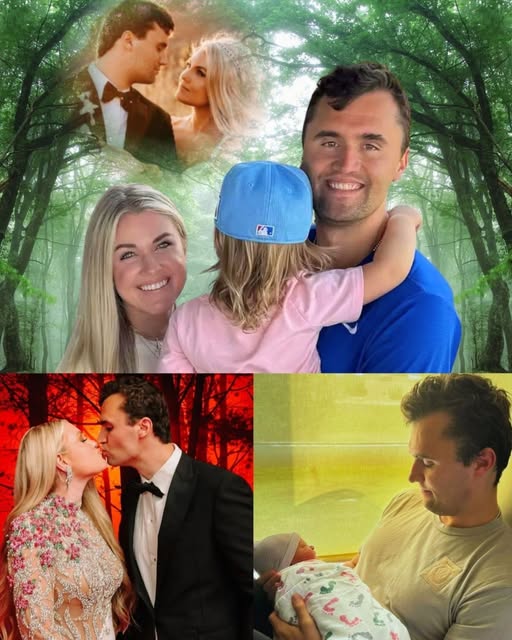


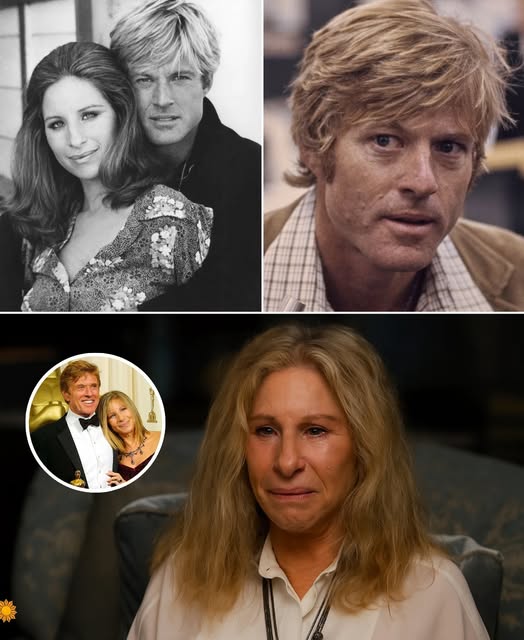
 Their unforgettable collaboration in The Way We Were remains one of the greatest love stories in cinema, and now Streisand has opened her heart with touching words about her friend and co-star.
Their unforgettable collaboration in The Way We Were remains one of the greatest love stories in cinema, and now Streisand has opened her heart with touching words about her friend and co-star.

